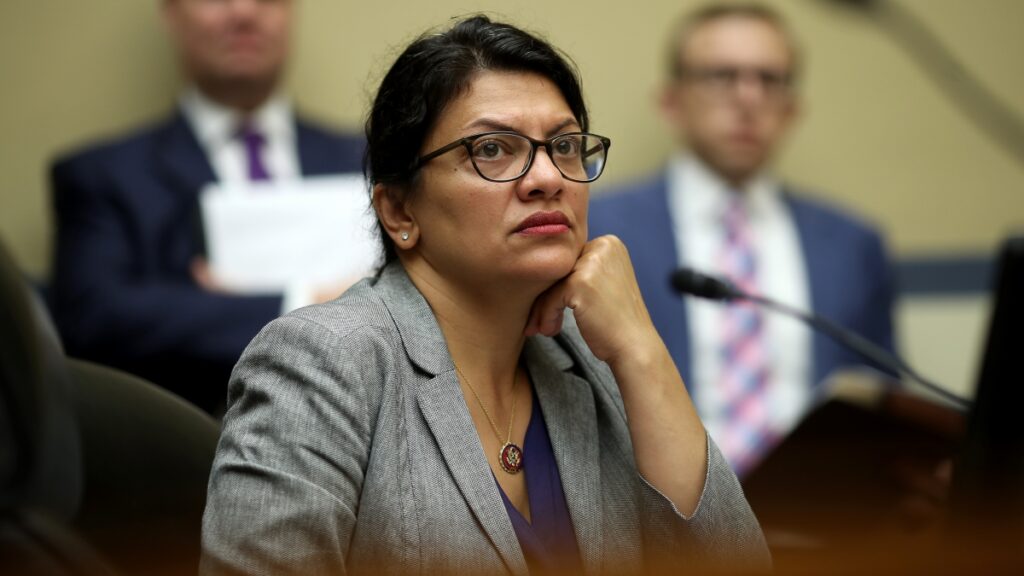US Representative Rashida Tlaib has introduced a new bill proposing higher streaming payments for musicians.
Dubbed the Living Wage For Musicians Act, the bill was introduced by Tlaib after the Michigan representative partnered with Rep. Jamaal Bowman of New York, United Musicians and Allied Workers (UMAW), and artists from across the nation.
Hoping to pave the way for musicians to earn higher pay, the bill would advocate for several changes, including the creation of a new streaming royalty rate that would raise payments to a minimum of one penny per stream, and a place a cap on songs after they hit one million streams. Currently, Spotify only pays around $0.003-$0.005 per stream.
A press release explained: “The royalty would be funded through platform subscription fees and a 10% levy on non-subscription revenue, and is designed to ensure that artists receive a minimum of one penny per stream, an amount calculated to provide a working class artist a living wage from streaming. The royalty would be paid out proportionally from a central fund, with a cap placed on how much an individual track can earn, to ensure a more equitable distribution of payments.”
For her part, Tlaib said: “Streaming has changed the music industry, but it’s leaving countless artists struggling to make ends meet… It’s only right that the people who create the music we love get their fair share, so that they can thrive, not just survive.”
The proposal of the bill follows increased interest in streaming services’ payout in recent years, as well as the announcement of Spotify’s new royalty model last fall. Other music-economy-related bills have been introduced recently as well, including Rep. Deborah Ross’ enhanced version of the Protect Working Musicians Act, a bill that would grant an antitrust exemption to artists who seek to collectively negotiate for increased pay and protections from online music distributors and AI developers.

